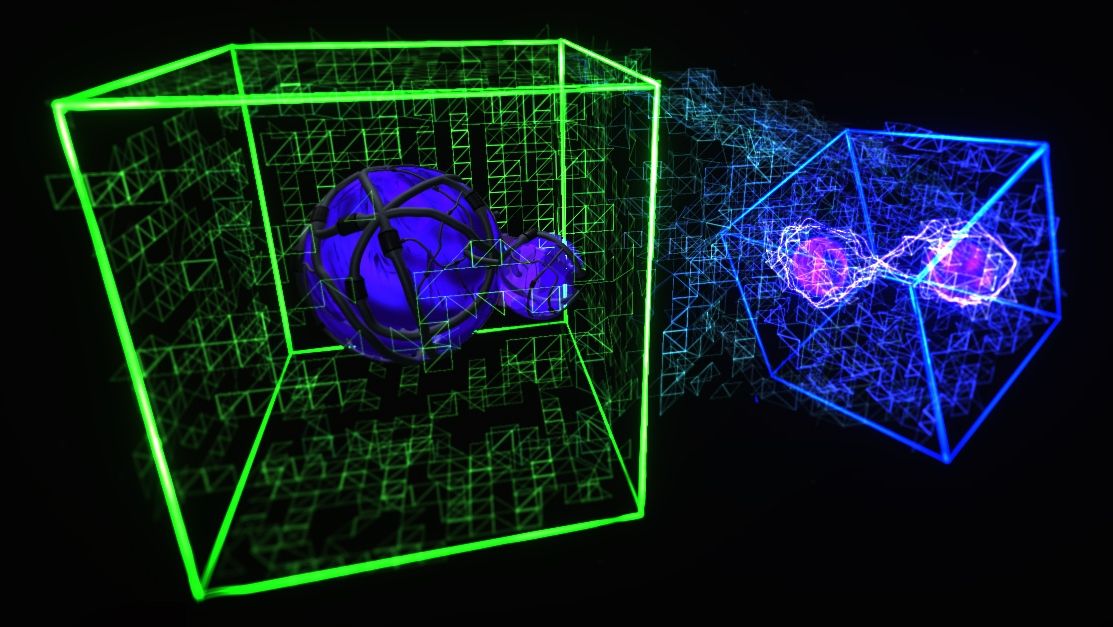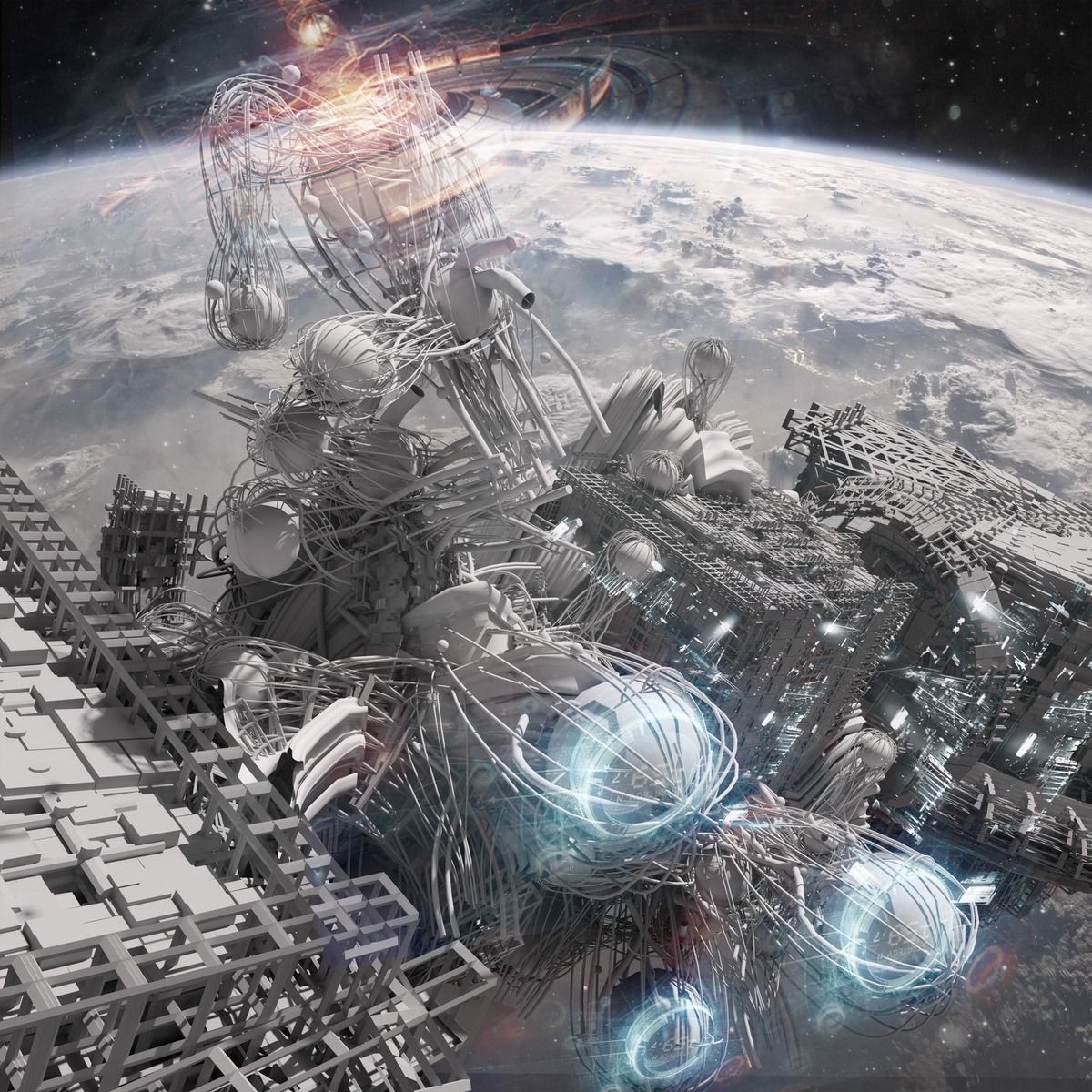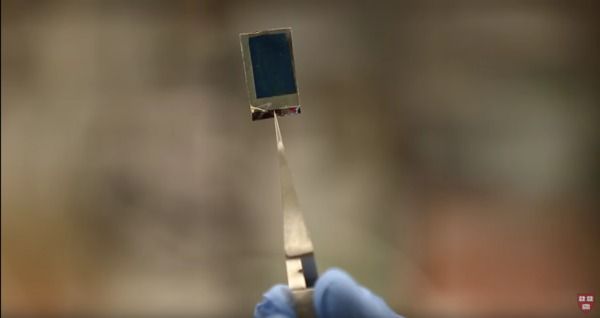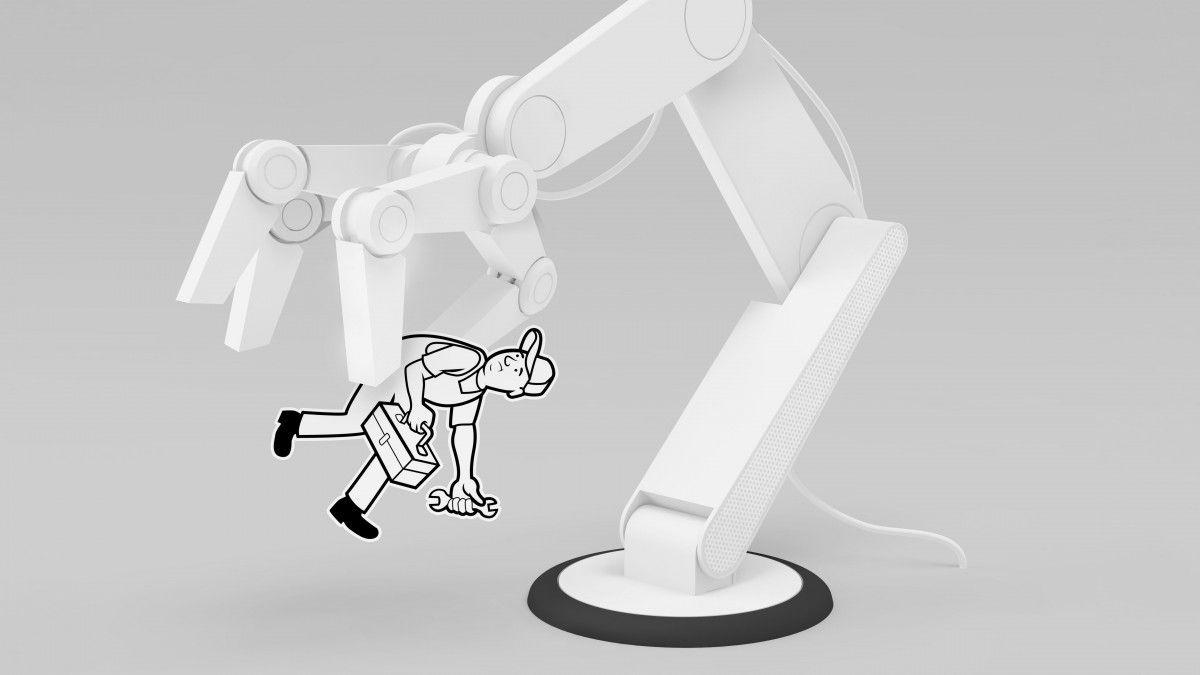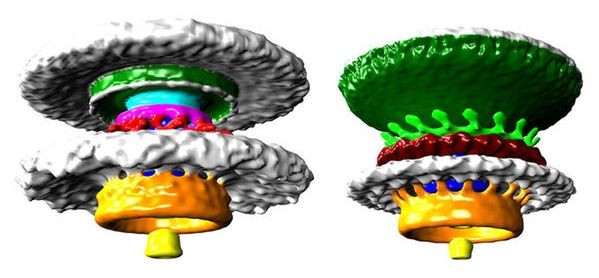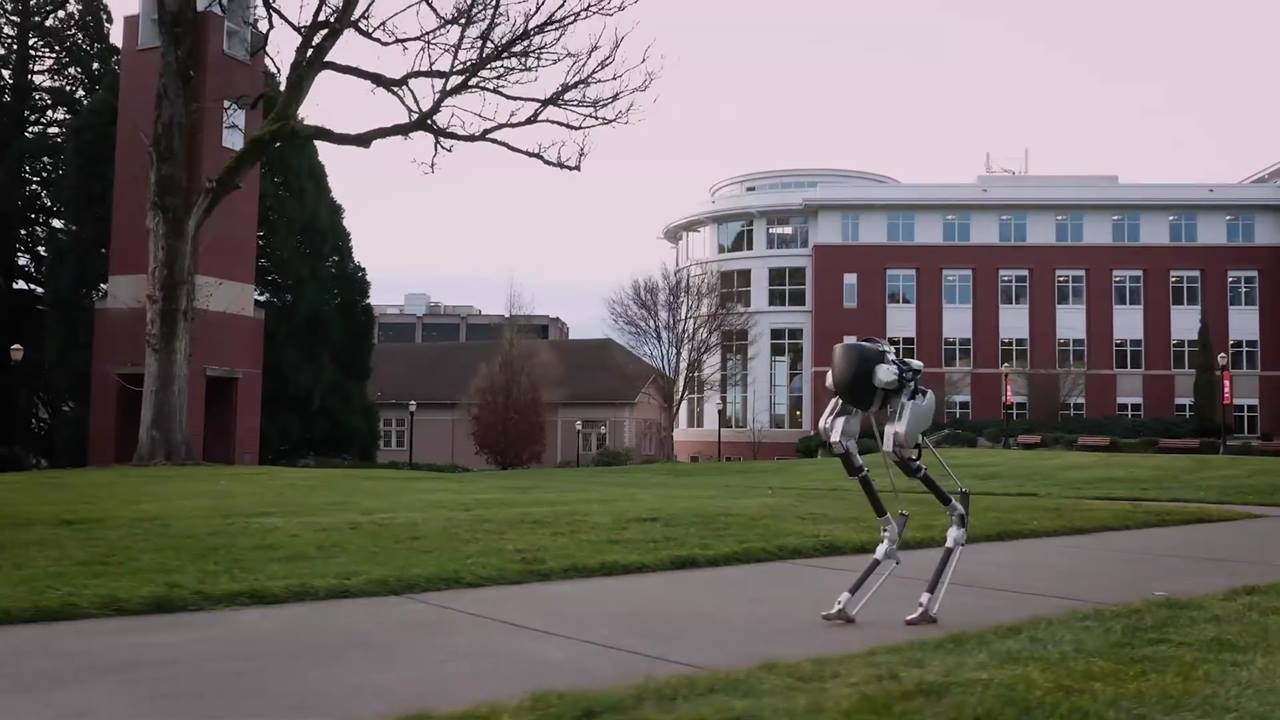Feb 13, 2017
Will androids dream of quantum sheep?
Posted by Andreas Matt in categories: mathematics, quantum physics, robotics/AI
Quantum replicants of responsive systems can be more efficient than classical models, say researchers from the Centre for Quantum Technologies in Singapore, because classical models have to store more past information than is necessary to simulate the future. They have published their findings in npj Quantum Information.
The word ‘replicant’ evokes thoughts of a sci-fi world where society has replaced common creatures with artificial machines that replicate their behaviour. Now researchers from Singapore have shown that if such machines are ever created, they’ll run more efficiently if they harness quantum theory to respond to the environment.
This follows the findings of a team from the Centre for Quantum Technologies (CQT), published 10 February in npj Quantum Information. The team investigated ‘input-output processes’, assessing the mathematical framework used to describe arbitrary devices that make future decisions based on stimuli received from the environment. In almost all cases, they found, a quantum device is more efficient because classical devices have to store more past information than is necessary to simulate the future.
